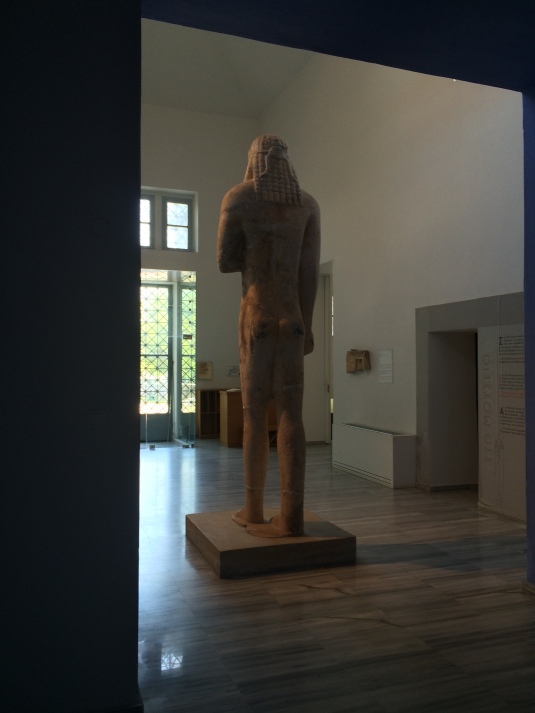This summer, at the Ashland Goodwill Store, I bought a book for one dollar. Not just any book, but one every poet should read. The universe sent me this book knowing I am diving deeper into the writing lifestyle. I’m past the point of getting my toes wet or devoting Sundays to this feat. I’m all in, ink from edits tattooing my arms, waking up early with lines of my next poem. Okay, I’m not writing 24-7, since I still hold a part-time job to pay the rent. But the commitment is increasing. I’m trying to maximize all the time I have. I’m giving this writing life my all.
Letters to a Young Poet by Rainer Maria Rilke speaks to the struggle of the artist. Hell, it speaks to the struggle of creation. It is refreshing to read. Writer’s block is addressed, as is his health: “But I am not yet well, writing comes hard to me, and so you must take these few lines for more.” It’s frustrating when a physical illness or a depression prevents us from devoting time to creating.
The artistic process takes time. Rilke writes, “Being an artist means, not reckoning and counting, but ripening like the tree which does not force its sap and stands confident in the storms of spring without the fear that after them may come no summer. It does come. But it comes only to the patient, who are there as though eternity lay before them, so unconcernedly still and wide. I learn it daily, learn it with pain to which I am grateful: patience is everything!” Rilke, master of poetry, is a true master of metaphor.
As a writer, Rilke encourages fellow poets to ask questions without seeking the answers: “…be patient toward all that is unsolved in your heart and to try to love the questions themselves like locked rooms and like books that are written in a very foreign tongue. Do not now seek the answers, which cannot be given you because you would not be able to live them.”
“That is at bottom the only courage that is demanded of us: to have courage for the most strange, the most singular and the most inexplicable that we may encounter.” Recently, each of my writing teachers has advised me to “edit toward the strange.”
“The necessary thing is after all but this: solitude, great inner solitude. Going-into oneself and for hours meeting no one—this one must be able to attain.” This focus is needed to create and to revise. Recently, I have discovered that this focus can be achieved around others, but only if you are able to tune them out, via headphones or determination. Any library, coffeeshop, ice cream parlor or restaurant can be a place to find solitude. However, Rilke seems to speak to the importance of having a writing area. For me, I have two: my patio or my dining room table. Options are nice, and I prefer fresh air if it is warm enough.
